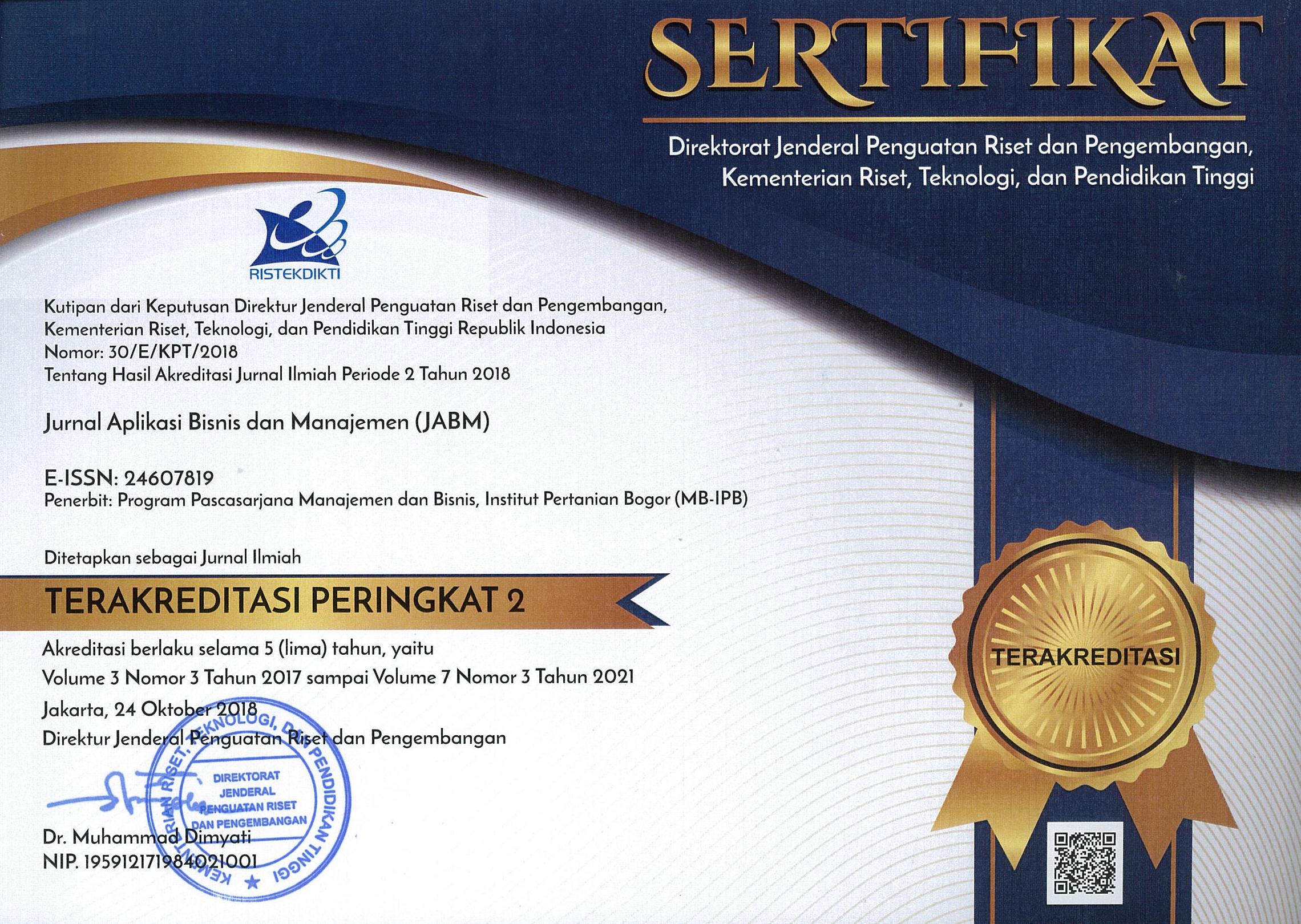Sustainable Human Resource Management: A Transformation Perspective of HRM Functions Through Optimized Artificial Intelligence
Abstract
Background: Nowadays startups are no longer a thing. Startups are mushrooming and attracting much attention both nationally and internationally. Business incubation activities are essential for startups, because many startups that have yet to have time to develop but have to stop running their operations.
Purpose: This paper explores the transformation potential of AI in HRM, revealing the factors that contribute to successful AI adoption and strategies to overcome adoption barriers within organizations. In addition, the paper addresses important issues related to data bias in sustainable HRM practices when using AI, emphasizing the need to eliminate bias to ensure fairness and equity.
Design/methodology/approach: To perform data analysis and processing, the author uses python with the software used is a Jupyter notebook. The use of Python programming language has gained significant popularity in the world of research. Python’s strengths are seen through a variety of research methods that include data and statistical analysis with libraries such as NumPy and Pandas, building machine learning models using TensorFlow and scikit-learn, and mathematical simulation and modeling with the help of Matplotlib and Seaborn
Findings/Result: The paper also provides practical insights into how organizations can effectively limit the role of HRM and AI to prevent undue evictions of HR professionals. In addition, the study emphasizes the importance of addressing data quality issues and bias in AI applications within HRM, with a particular focus on ensuring equal treatment and opportunities for minority groups. As an illustrative example, this paper details a practical approach to AI-powered new employee payroll. This approach aims to eliminate bias, ensure competitive salaries, and be in line with market standards. While embracing AI for HRM, the paper emphasizes the importance of maintaining the human touch in decision-making and maintaining sensitivity, empathy, and understanding, especially in complex HR scenarios.
Conclusion: This research has discussed and contributed to a literature review on the transformation of Human Resource Management (HRM) into sustainable HRM using Artificial Intelligence (AI). The four main findings addressed in the study were lack of quality data, bias in data, loss of human aspect, and error and uncertainty. To overcome data bias, oversampling and salary comparison are carried out through job portals to see current market trends. Furthermore, the study provides examples of sustainable HRM practices using AI with a focus on setting new employee salaries. The models generated from salary data in the job portal and old employee salary data are compared, and the model with the best accuracy is selected.
Keywords: artificial intelligence, balance of hrm and ai, hrm transformation, sustainability, sustainable hrm practices







